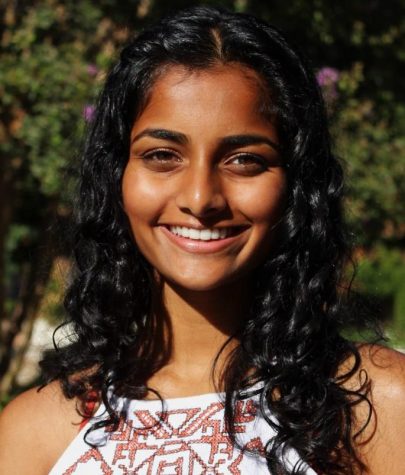
Anjali Reddy (‘18) is currently the Editor-in-Chief of the Webb Canyon Chronicle and has written for the paper since her freshman year. She started...
May 23, 2018
There is no question that Hip Hop is powerful. It’s an entire genre that unites and shares stories in a way unlike any other music genre, where anyone can make it and everyone’s stories matters. Hip Hop’s influence is most evident in the way we speak, dress, or connect with people. In many ways Hip Hop has been a voice of hope and justice in our society, rappers serving as political activists with charged lyrics about what is right and what is wrong.
Still, the question remains- how can such a progressive and modern form of music still take on the role of misogyny and objectification and as women how do we deal with it?
For me personally, I had not even paused to consider the implication of being a woman who enjoys rap until very recently.
A few months ago, my brother and I were driving home, and on this particular night, we had a rap playlist on shuffle. I enthusiastically rapped along as each song played, and as I shuffled through each of the songs on my playlist, I noticed almost all of the lyrics were objectifying, disrespectful, and incredibly aggressive towards women. Most of the rappers themselves were abusive, and I could not understand as to how I had ignored this fact for the last 18 years of my life because the music was good, catchy, or whatever excuse I could argue. However, all the female rappers on my playlist such as Cardi B, Nicki Minaj, and Beyonce were still really empowering. Should I only be listening to them?
Thus, my identity crisis began. As a self-proclaimed feminist who is all for women’s rights, how could I continue to listen to my music without becoming a complete hypocrite? I didn’t want to support these men or their lyrics, but I was still a sucker for good music. What was good music?
Being a fan of hip-hop is a gray area when it comes to deciding what is worth supporting and what is not. Hip Hop generally originates from a lifestyle rooted in a lack of opportunities and in urban areas, creating problems for communities such as gang violence, drug trade, and domestic violence.
A byproduct of those situations is sexual abuse, rape and the objectification of women. For many of these artists, this is just the life they’re used to. However, Hip-Hop feminism is changing the way we look at Hip-Hop, and what it’s been stereotyped as before. There is a reason it had so much misogyny in its past.

Anjali Reddy (‘18) is currently the Editor-in-Chief of the Webb Canyon Chronicle and has written for the paper since her freshman year. She started...